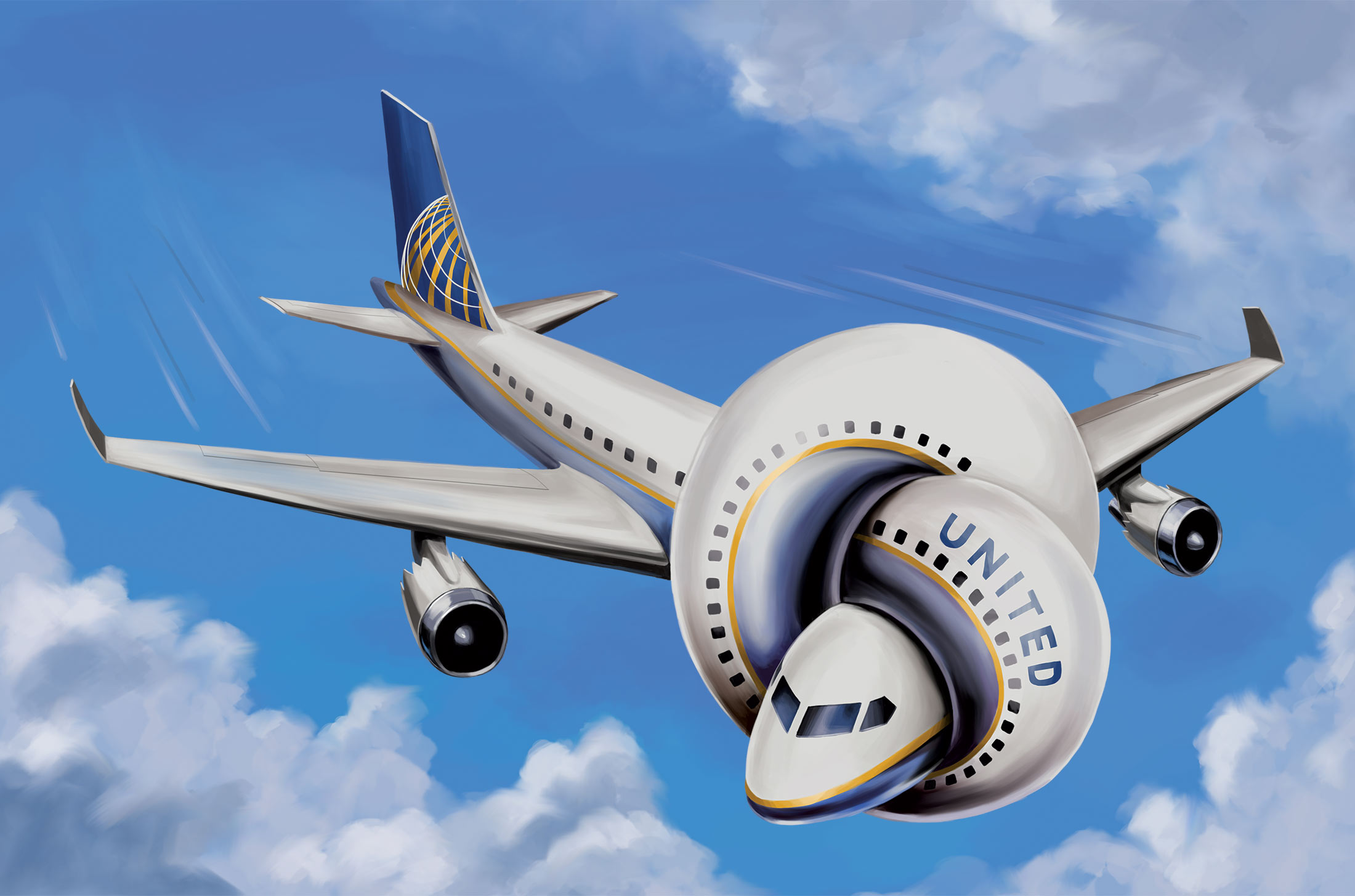United Airlines Poor Customer Relations
On Sunday April 9th, Dr. David Dao was forcibly removed from a United Airlines flight to Louisville, KY. The removal was recorded by serveral passengers and posted online for the world to see. Since posting, people have expressed outrage for United Airlines handling of the episode and expressed empathy for the 69-year-old doctor.
Consequently, Oscar Munoz, the CEO of United Airlines, issued a statement. Unfortunately for Munoz, this statement was deemed “painfully tone deaf”, as reported by the Huffington Post (see: source). Consisting of explanation of the forcible removal with no real apology, Munoz faced public backlash prompting a second statement.
This second statement, issued on April 11th, showed Munoz taking responsibility for what transpired. Summing up his second statement, Munoz states “it’s never too late to do the right thing” (source: usatoday.com) promising to do better. Since the event – investors have been questioning the future of United Airlines sending the stock in a downward spiral, effecting the likes of even its largest shareholder (Berkshire Hathaway i.e. Warren Buffet).
Consequence
In a recent story by nbcnews.com (source), we learn that Dr. Dao has suffered “loosing two front teeth, a broken nose, and a ‘significant’ concussion”. Furthermore, Dr. Dao will need “reconstructive surgery”. Dao, a Vietnamese immigrant who fled Vietnam during the war, is also severely “shaken” by the experience, according to the story.
Consequently, Munoz and United are now facing a lawsuit headed by attorney Thomas Demetrio. Demetrio states that “airlines must learn from this case and vastly revamp their customer service”.
Contextual Perspective
While a serious individual incident, United Airlines has a history of poor customer service relations, disappointing its primary customers and suffering financially because of it. Additionally, many consumers feel the event is indicative of a poor attitude towards customers – the life blood of any company, and has focused its attention on its own internal problems (i.e. their bottom-line, issues with unions, etc.) while fliers get lost in the shuffle. In such a competitive industry, one must question the reaction of the C-Suite at United Airlines – such a poor and very public reaction to situations like this, makes it hard to believe that executives were thinking about protecting shareholders and the future of their airline.
As stated by James Martin for America Magazine, this debacle shows “how corporate America puts rules before people and how Capitalism often places profits before human dignity”. With this in mind, how can a business handle a customer crisis and be proactive in keeping customers happy?
How to Avoid a Customer Relations Debacle
Firstly, let’s address how Oscar Munoz could have handled this situation differently. According to an interview with NYU Stern School Professor Scott Galloway, from Bloomberg News, Munoz did not implement “crisis management 101” as Galloway describes it. The steps to crisis management, according to oracle of business and marketing.
- Acknowledge the problem.
- Take responsibility for the problem.
- Over correct the problem to ensure changes happen.
Furthermore, Galloway goes on to say that while customers may still use United for the low ticket cost, there will be direct and unforeseen costs to the company. So while the company may be able to maintain customers by lowering ticket prices, shareholders and the overall company will have to pay.
Lastly, we can see from Galloway’s suggestions that Munoz did not attempt to immediately resolve the issue by following these steps until his latest statement. From US domestic consumer’s tone toward Munoz and the international response by competitors as well as on the trends on Twitter, Facebook and other social media, consumers and investors alike have lost faith in his ability to lead.
In short, immediate and proper crisis management from the beginning is important to any business due to the element of potential consumer and market backlash. The nature of modern consumer landscape means that poor customer treatment will be noticed, blogged, reblogged and distributed faster than ever before. Therefore it’s best to handle consumer relations issues in a preemptive manner.
Preemptive Measures Local Businesses can Take
Thankfully, Weylan Corporation can help local business owners and the staff build rapport with their customers by providing tools and options to help you focus on what matters – building better relationships. If a situation arises where a poor experience does happen, business owners can rectify it by personally reaching out to the customer, and using basic conflict resolutions skills to resolve the issue – simple but certainly not easy.
by
Iris Aaron
Weylan Corporation
Media Division
1-877-672-3822
[email protected]
